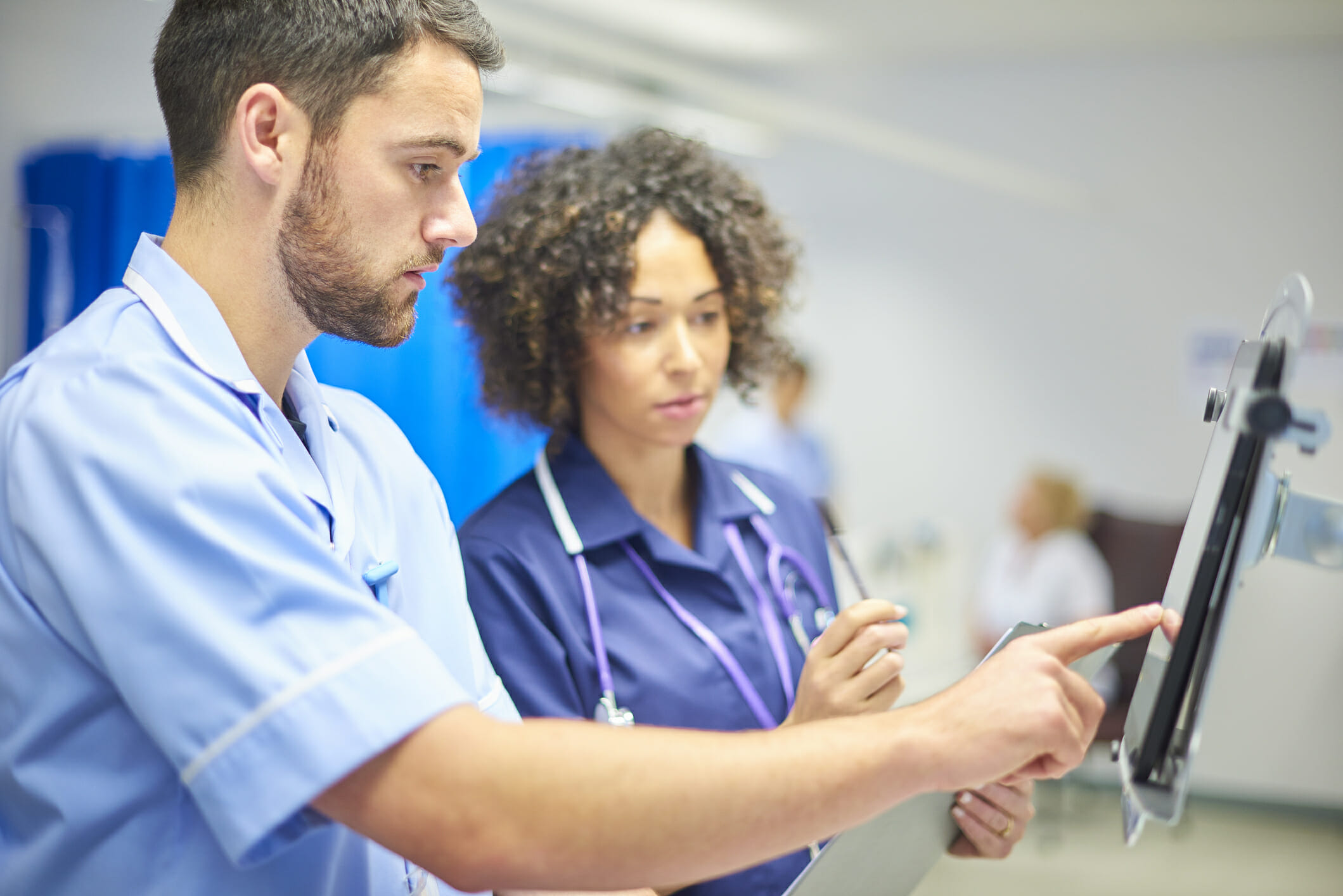
Make no mistake. We are amidst testing times for our beloved healthcare service and it will get worse before it gets better.
As a foundation doctor in North West London, I’ve had a glimpse of the unbelievable camaraderie and spirit which pervades our workforce and its sheer resilience to stress, uncertainty and pressure.
A willingness to put personal ambitions aside
It’s no secret that many healthcare professionals have long term aspirations for their careers. Personally, I am building towards the field of academic oncology and alongside my daily work on the ward, I have extra-curricular pursuits that feed into this goal.
Many, if not the majority, of my colleagues, have similar plans for their careers. However, when confronted with COVID-19, there is a deep recognition that our services as general physicians is in high demand.
Projects have been put on hold, departmental rotations have been cancelled, and extra shifts have been taken. It has been heart-warming to see an entire workforce put their personal progression to one side and be willing to adjust their work schedules.
Of course, there are moments of resistance, but typically these are for issues where the safety and well-being of staff are at risk, such as the availability of personal protective equipment (PPE), testing facilities, or degree of supervision for juniors.
Appreciation for the work of others
Even though I try and show my appreciation to other staff in my daily work, I have always felt I could do more. Since COVID-19 has transformed our hospital, there has been a noticeable shift in how staff are interacting with one another.
There is more patience. There are more comments of thanks.
There is a greater interest in the wellbeing of others. There is less stigma around admitting to stress and difficulty. There is a lesser feeling of hierarchy. Perhaps it should have always been like this. I hope when we return to some semblance of normality, these positive changes to our working environment will persist.
An unprecedented response from both ends of the training ladder
Asking those who have retired or pursued alternative careers to return to the NHS represents the scale of the issue we are faced with.
Whilst these individuals have no obligation to do so, their response has been wonderful and their experience will be of great value in the months ahead. On the other end of the spectrum, final year medical students across the country have expressed in numbers their wishes to assist where they can.
Younger medical students have also taken the initiative and found ways to support their communities and local NHS workforce, be it through childcare, delivering supplies or tutoring services. In doing so, these students have embodied the very traits that granted them selection for medical training.
Leadership, a willingness to learn and a desire to help others, just to name a few. Their introduction to the workforce could not come at a stranger time and thankfully, organisations like the British Medical Association, Medical Schools Council and General Medical Council are working together to ensure they are adequately supported in these exceptional circumstances.
And finally, our NHS volunteers. Thousands of our citizens have raised their hand to help our healthcare service in any way they can, and this is rightly celebrated.
Social distancing has not caused social isolation
Pre-COVID-19, all the foundation doctors in my hospital had a WhatsApp Group in which we could ask each other questions, arrange social gatherings and communicate work related updates.
Now, our regular work has changed and the typical opportunities to socialise have been extinguished. However, we have found new reasons to communicate and support each other. Those who drive have offered lifts to others who take public transport.
Those who are interested in COVID-19 will circulate the most recent and reliable information from research journals and Universities. There is even one hero who was a part-time barber during medical school who, with a bit of help from the hospital, has offered to cut the hair for guys within our cohort.
An end, which may not be in sight, will come
It is difficult to predict how the next few weeks will pan out, let alone the next few months. Ironically, this disruptive virus offers us all a moment, maybe an extended moment, for introspection.
Personally, I’ve had time to re-evaluate what is important to me, read books that have been gathering dust, and revisit old skills. When this chapter of history is closed, I will be incredibly grateful for the freedoms which will return.
Words by: Prakhar Srivastava – check out his blog here.
Are You Volunteering During The Pandemic?
Other content you may enjoy:
5 Things To Do From Home To Support Your Medicine Application
